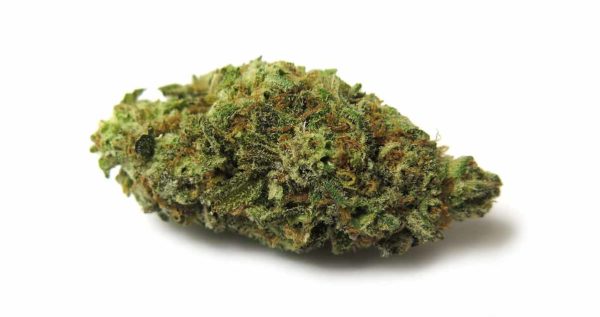
Cannabis and Mental Health: Shedding Light on the Connection
admin
- 0
The relationship between cannabis use and mental health is a topic that has sparked considerable interest and debate. As attitudes and laws regarding cannabis evolve, it’s crucial to explore the potential impact of its use on mental well-being, considering both the benefits and risks involved.
Cannabis contains various compounds, with delta-9-tetrahydrocannabinol (THC) and cannabidiol CBD being the most prominent. THC is primarily responsible for the plant’s psychoactive effects, while CBD is known for its potential therapeutic properties. The effects of cannabis on mental health can vary widely based on the balance of these compounds and individual factors.
One of the most discussed aspects is the potential link between cannabis use and mental disorders, such as anxiety and depression. While some users report using cannabis to alleviate symptoms of these conditions, research suggests a complex relationship. While CBD may have anxiolytic properties, high THC content can exacerbate anxiety and trigger paranoia in susceptible individuals. Long-term heavy use of high-THC cannabis has been associated with an increased risk of developing psychotic disorders, particularly among those with a genetic predisposition.
Another area of interest is the impact of cannabis on cognitive function, particularly among young users. The adolescent brain is still developing, and heavy cannabis use during this period may lead to impaired cognitive abilities, memory deficits, and a lower IQ. This has prompted concerns about the potential long-term consequences of early and frequent cannabis consumption.
Conversely, there is also evidence suggesting that cannabis could have therapeutic potential for certain mental health conditions. CBD, in particular, has shown promise in preclinical studies for conditions like schizophrenia and bipolar disorder. Research is ongoing to determine the mechanisms through which CBD exerts its effects on these disorders and whether it can be developed into a viable treatment option.
It’s important to note that individual responses to cannabis vary widely. Factors such as genetics, frequency of use, dosage, and personal susceptibility all play a role in how cannabis affects mental health. Additionally, the legality and quality of cannabis products can impact the overall experience and potential risks.
As the landscape of cannabis research continues to evolve, education and awareness are crucial. Users should be aware of their own mental health history and consider the potential risks before using cannabis, especially in high-THC concentrations. Individuals with a history of mental health disorders should exercise caution and consult medical professionals before using cannabis for therapeutic purposes.
In conclusion, the relationship between cannabis and mental health is multifaceted and still being explored. While some potential benefits exist, there are also notable risks, particularly for those with a predisposition to certain mental disorders. As society continues to navigate the complexities of cannabis use, open dialogue, evidence-based education, and responsible consumption are essential for ensuring the well-being of individuals and communities.

